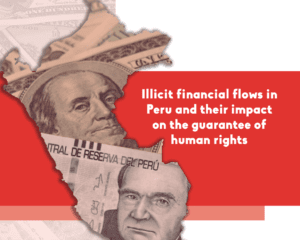Perú es un país de ingreso medio alto con un PIB de más de USD 200.000 millones. El país fue uno de los más afectados por la pandemia de Covid-19, que también provocó un retroceso en cuanto a los avances sociales logrados en las últimas décadas, y el nivel de pobreza extrema alcanzó más del 5% en 2020. La economía de Perú experimentó además una contracción en 2023, especialmente debido a las perturbaciones relacionadas con el clima y el malestar social.
Para concocter más, consulte el informe resumido:




